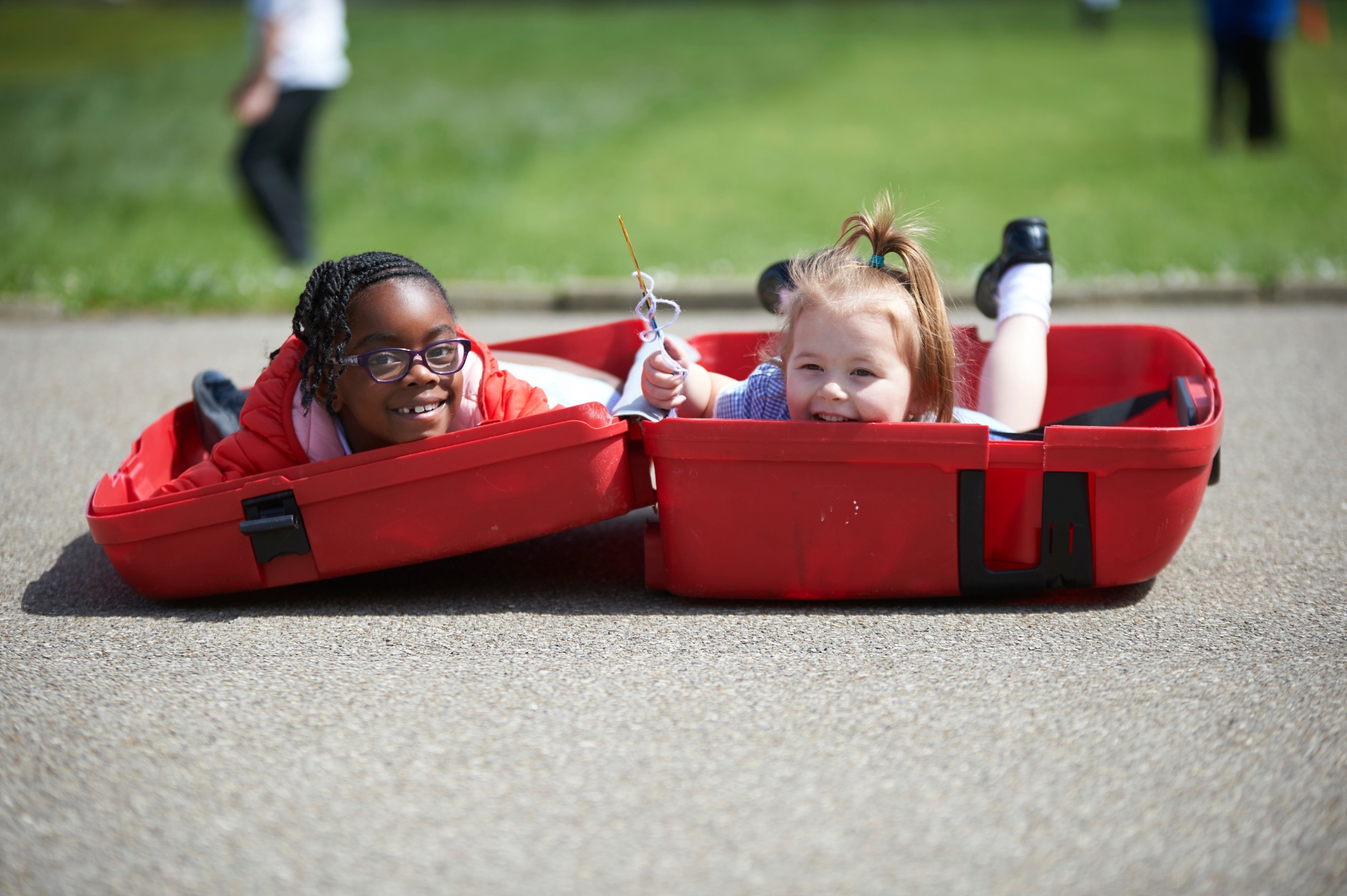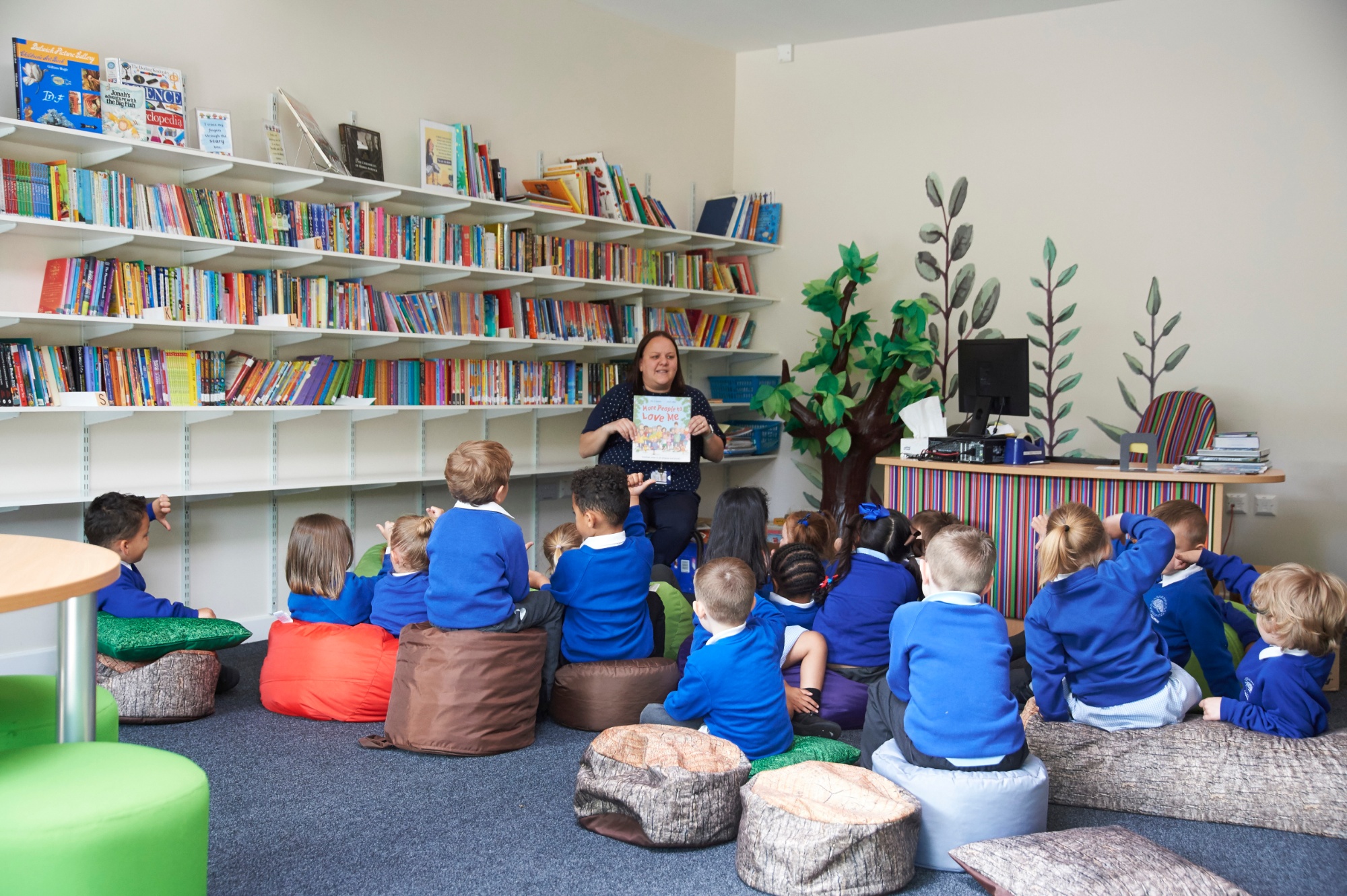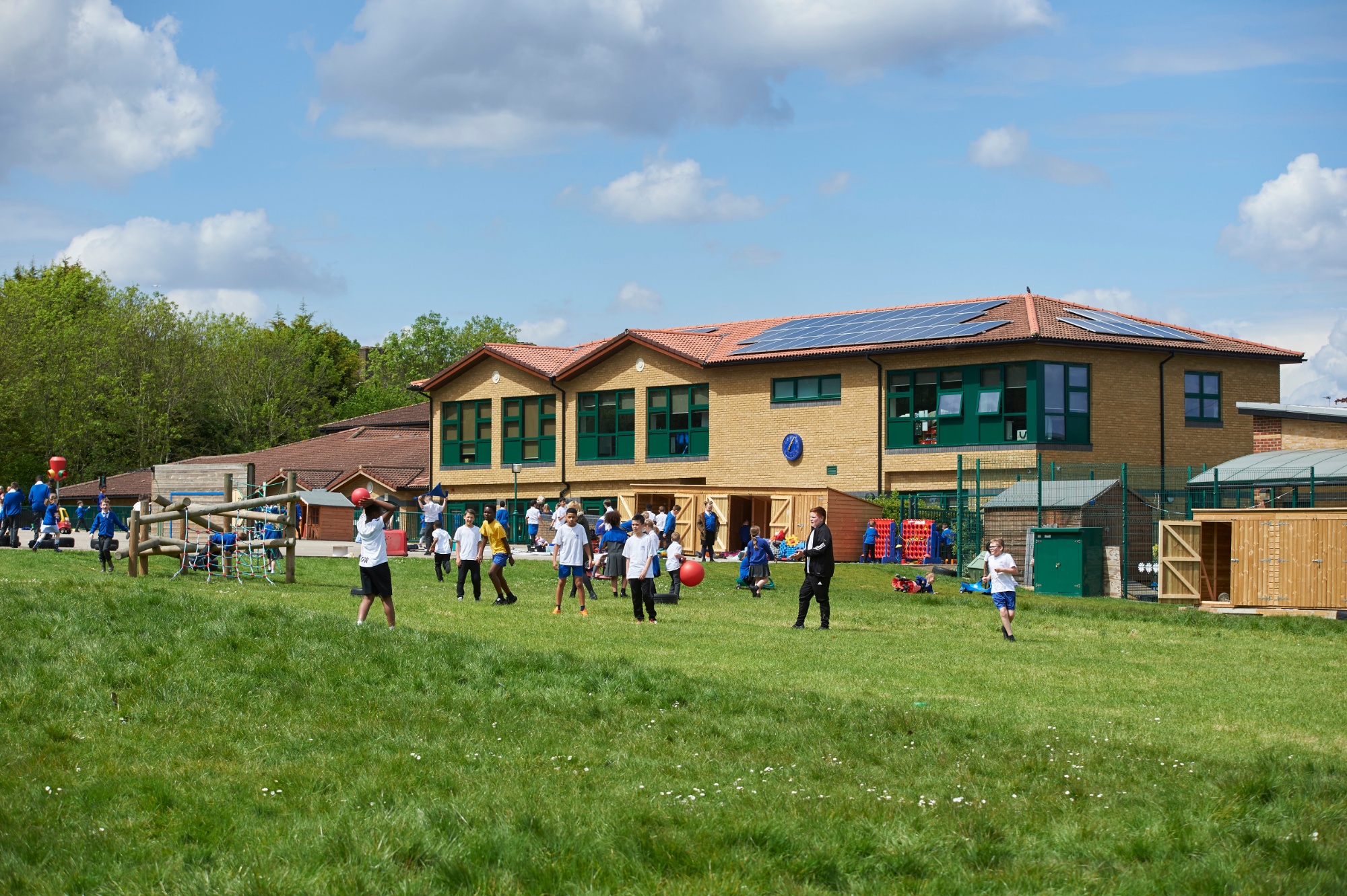Maths
We believe that Maths is an activity based curriculum area and so the children learn through experience of doing Maths, through observation, exploration and investigation. We want all children to develop confidence in Maths and want them to be able to use and apply their skills so that they are able to reason and solve problems.
We follow the Department for Education's National Curriculum programmes of study for Key Stages 1 and 2, details of which are published on the DfE's website. To support the children’s learning experience in Maths we use computers, practical resources and real life situations.
Pupils’ progress is closely monitored and work is targeted towards the individual’s needs and ability; we use Assertive Mentoring and Target Tracker to do this.
The National Curriculum for Maths aims to provide a foundation for understanding the world, the ability to reason mathematically, an appreciation of the beauty and power of Maths, and a sense of enjoyment and curiosity about the subject. It aims to ensure that all pupils:
- become fluent in the fundamentals of Maths, including through varied and frequent practice with increasingly complex
- problems over time, so that pupils develop conceptual understanding and the ability to recall and apply knowledge rapidly and accurately
- reason mathematically by following a line of enquiry, looking at relationships and generalisations, and developing an argument, justification or proof using mathematical language
- can solve problems by applying their Maths to a variety of routine and non – routine problems with increasing sophistication, including breaking down problems into a series of simpler steps and preserving in seeking solutions.
What underpins maths success?
Quality first teaching, high expectations for all and formative assessment underpin all Maths teaching across the school. Children are provided with activities that sufficiently engage and challenge them. In lesson feedback ensures that children are moved on or supported to maximise their learning. Children are continually given the opportunity to problem solve and reason mathematically in a wide range of contexts. Rapid interventions that consist of pre-and post teaching ensure that children have the opportunity to make excellent progress.
Things you can do at home to help develop your child's maths ability and enthusiasm
- Ensure that your child practices their times tables as much as possible.
- Involve your child in real life situations such as asking them to work out the change you will be given when buying something from the shop.
- Talk to your child about the maths that they are doing in school and ask them questions about it.
Useful Maths Websites
(please note these links will take you to external websites)
www.bbc.co.uk/bitesize/ks1/maths/
www.bbc.co.uk/bitesize/ks2/maths/






